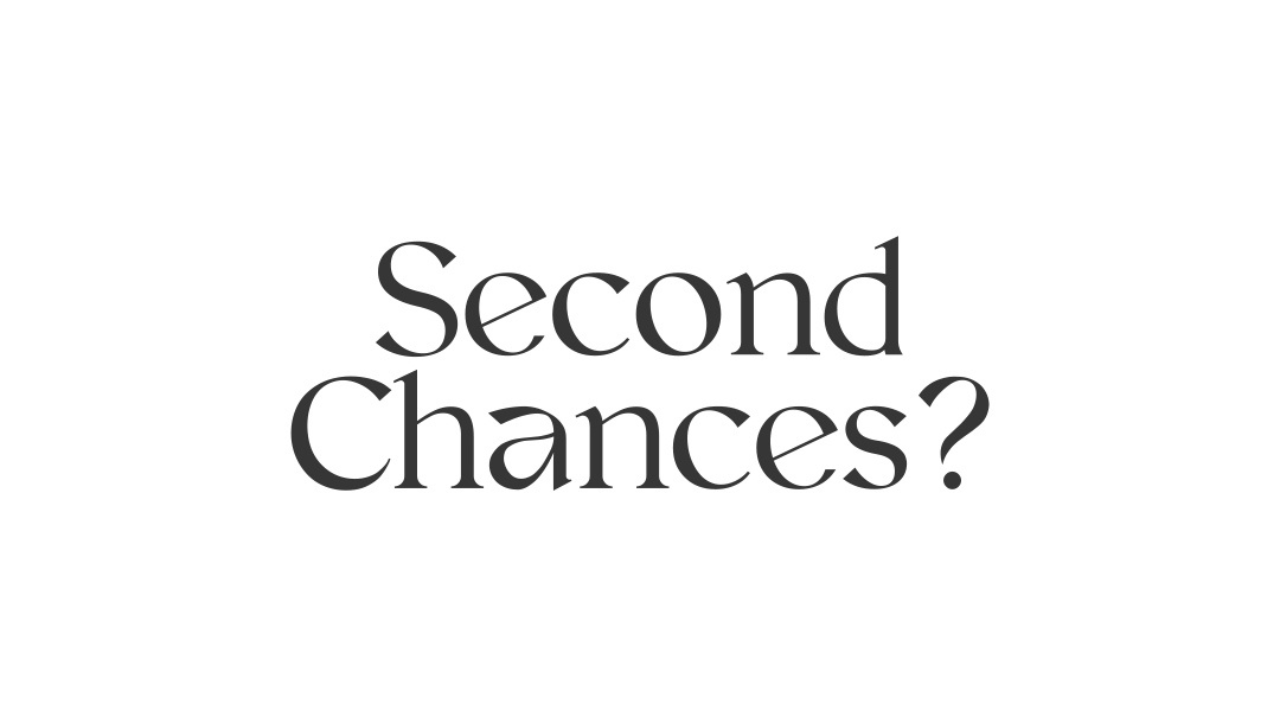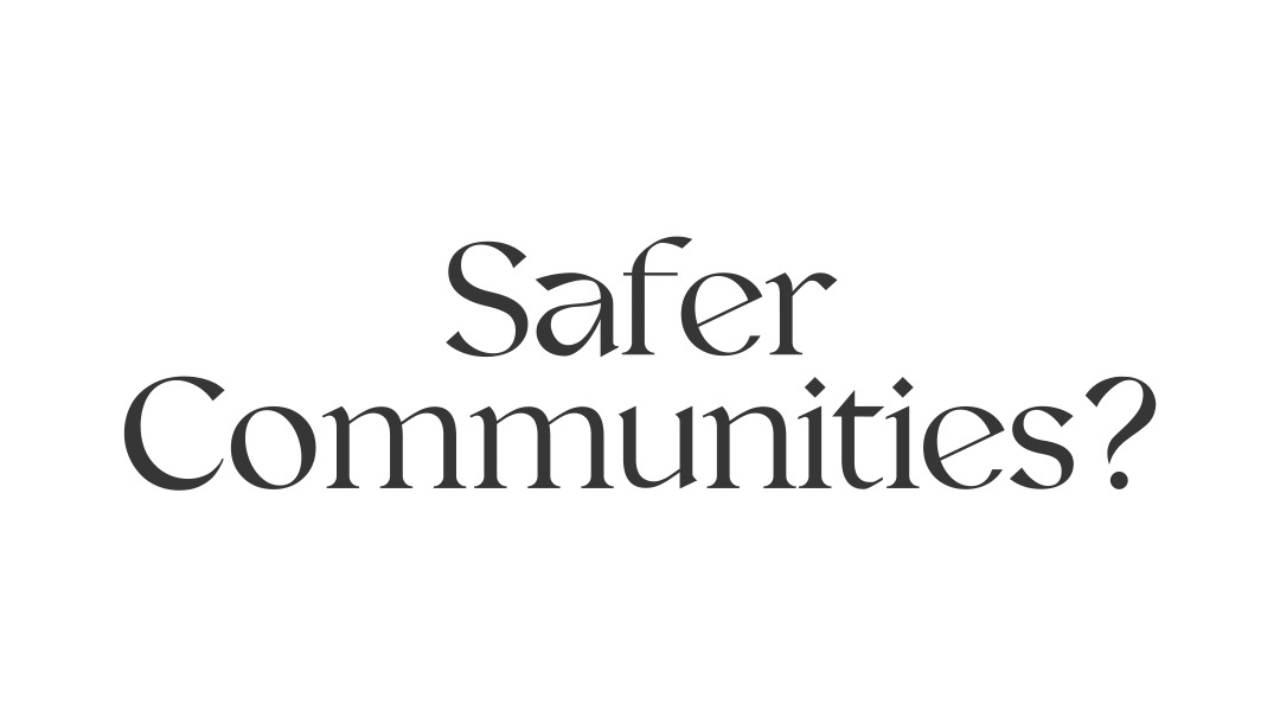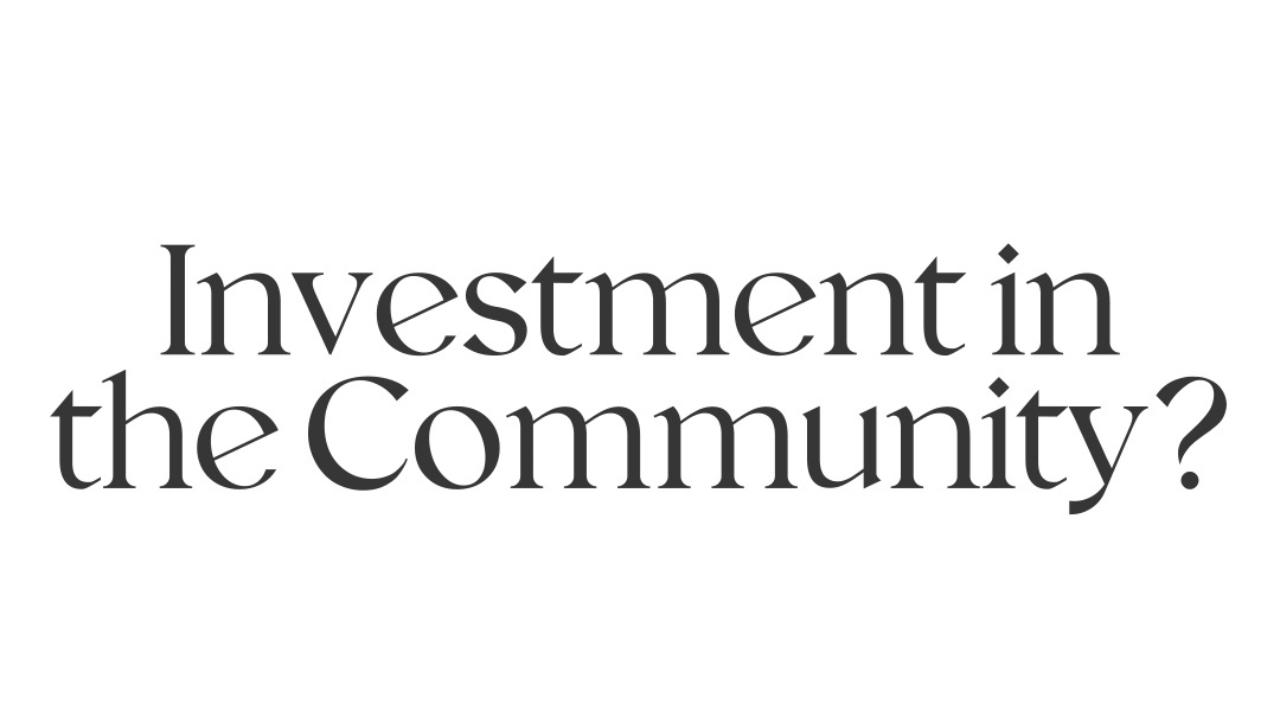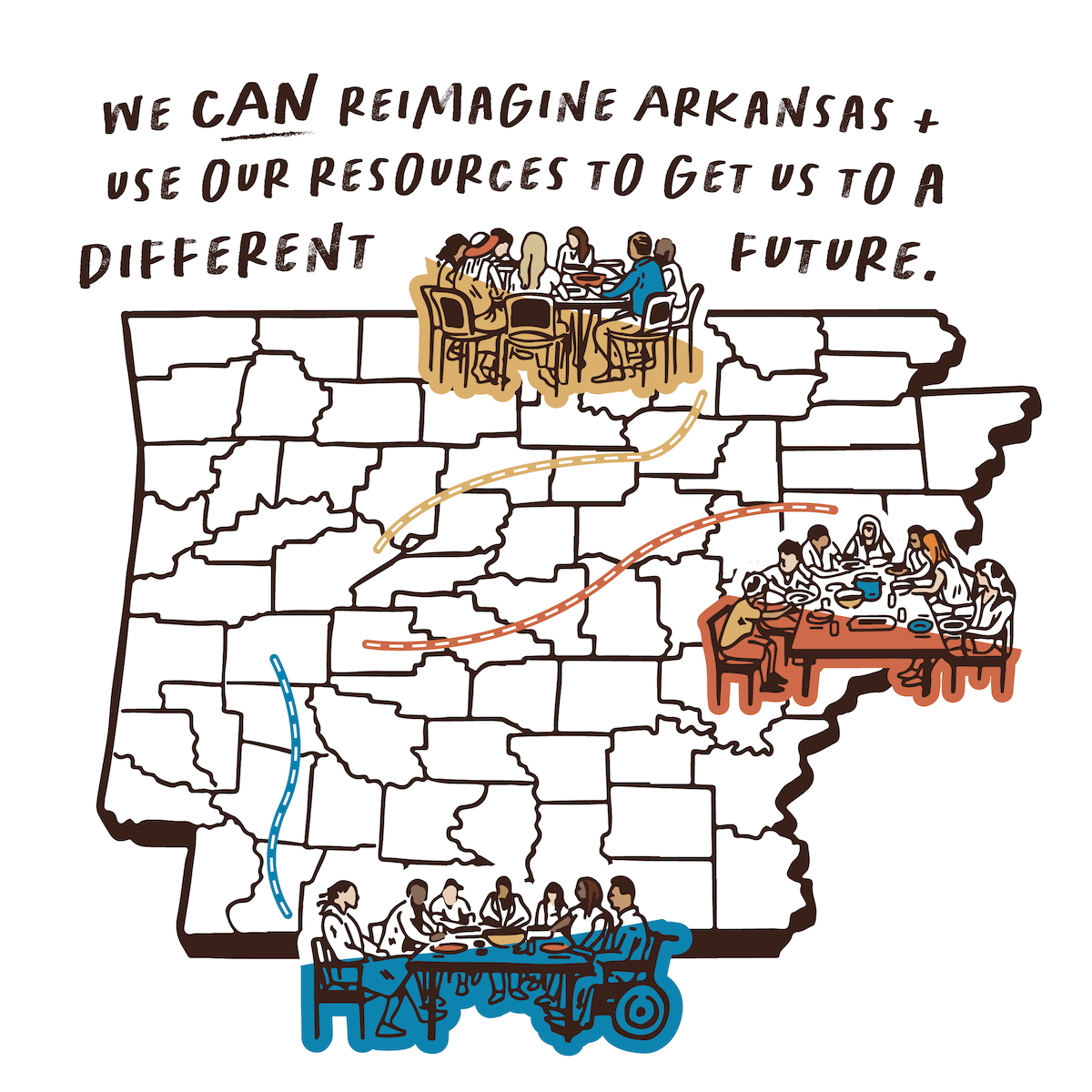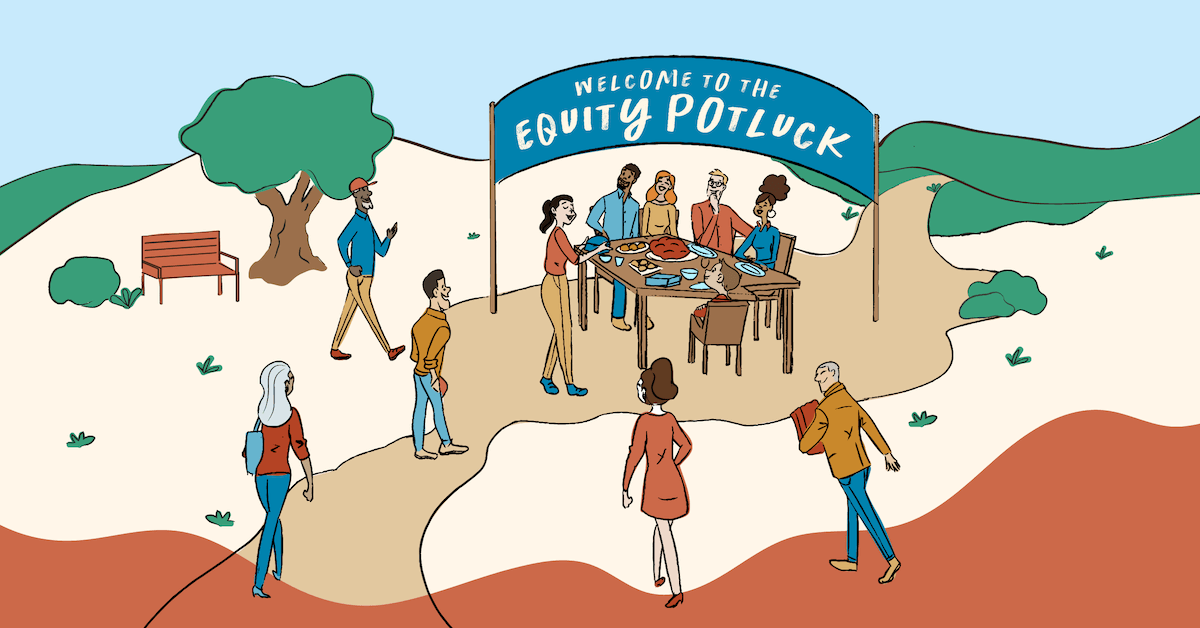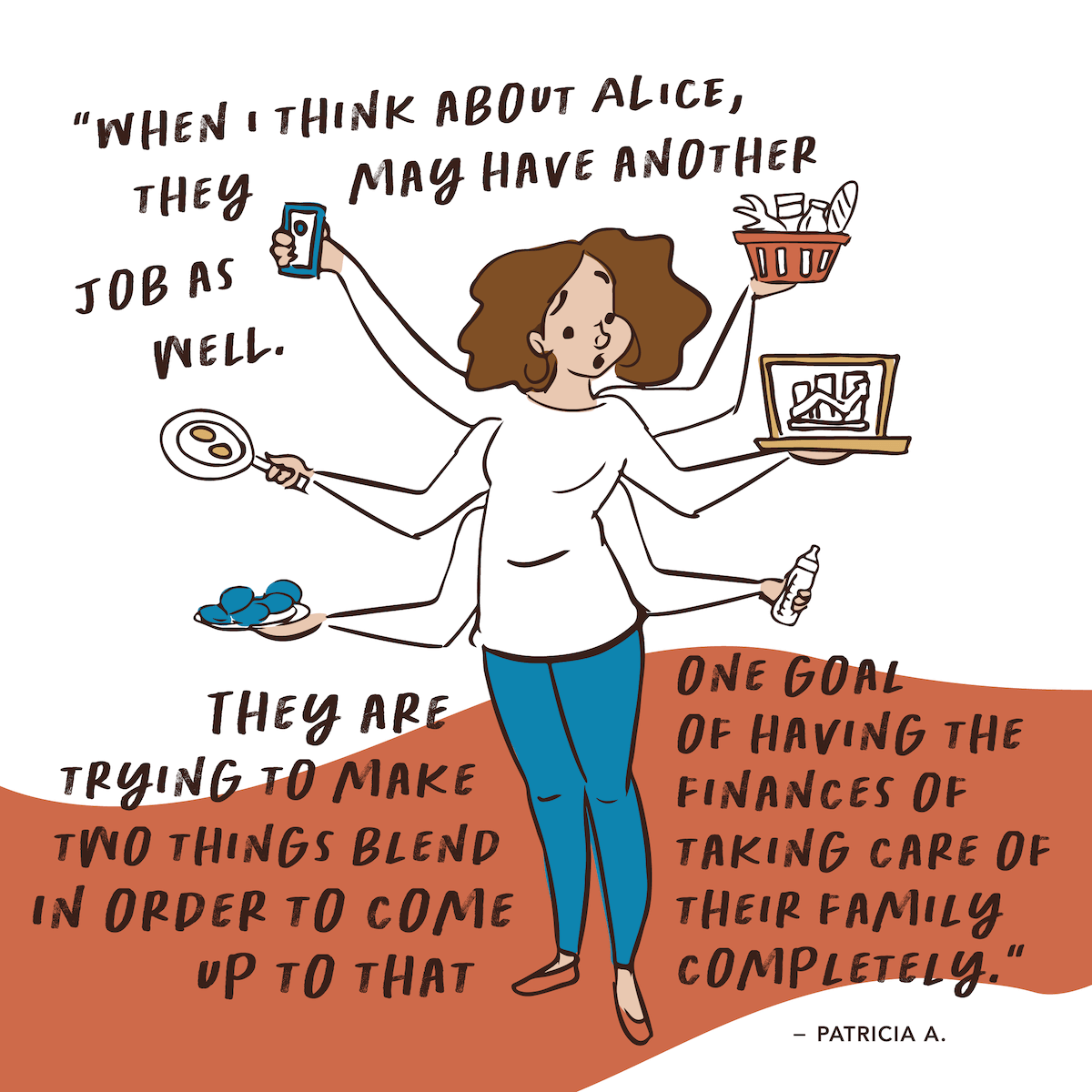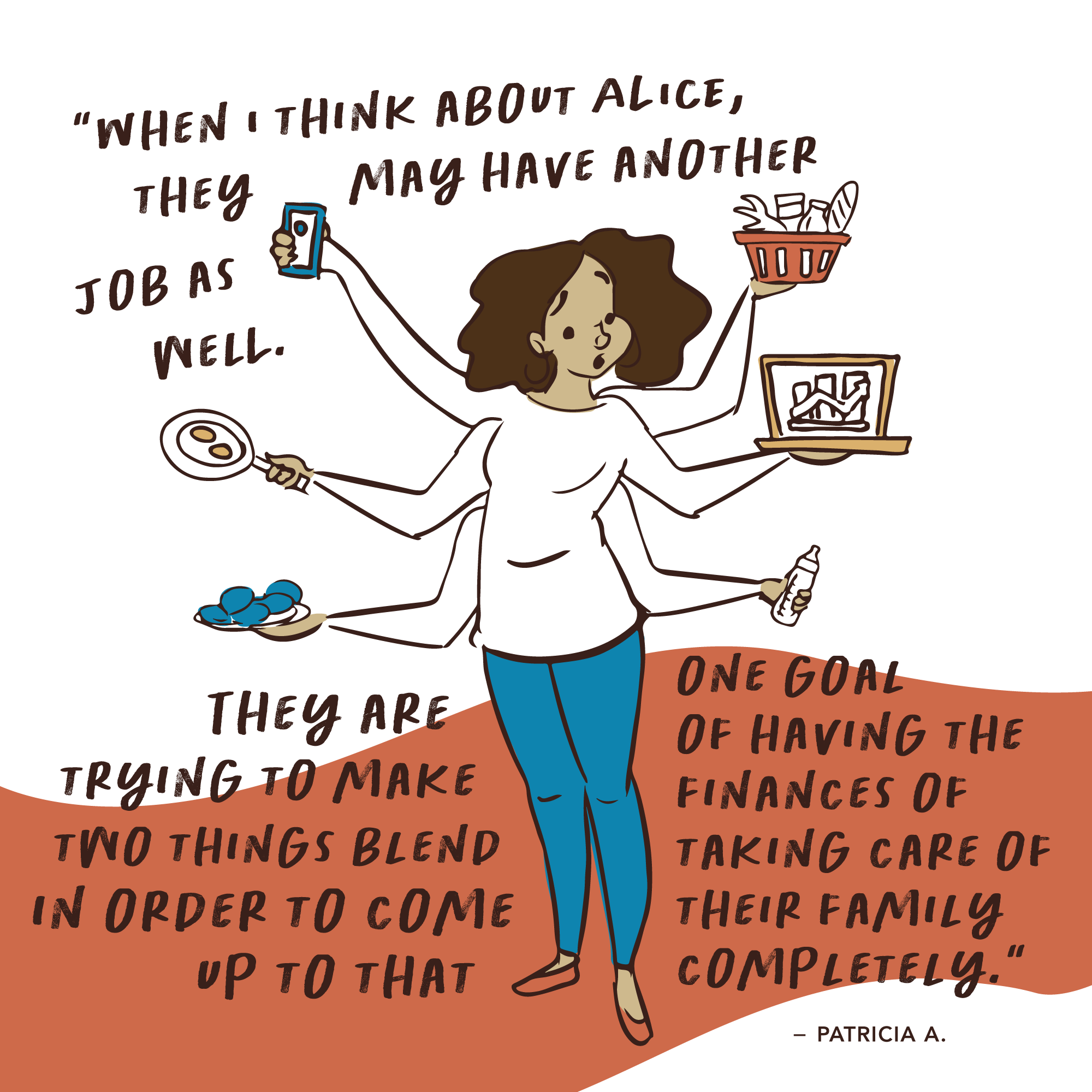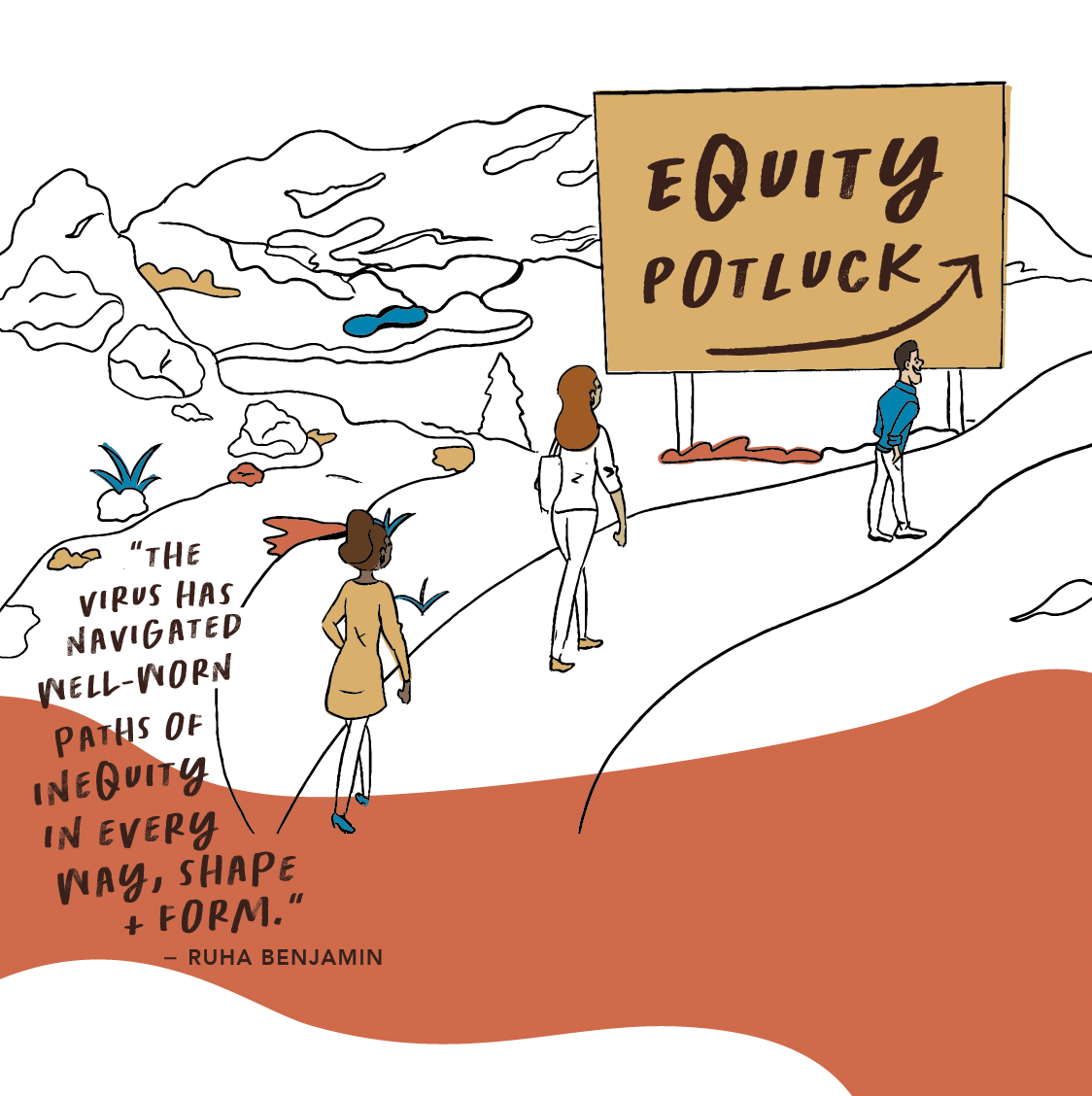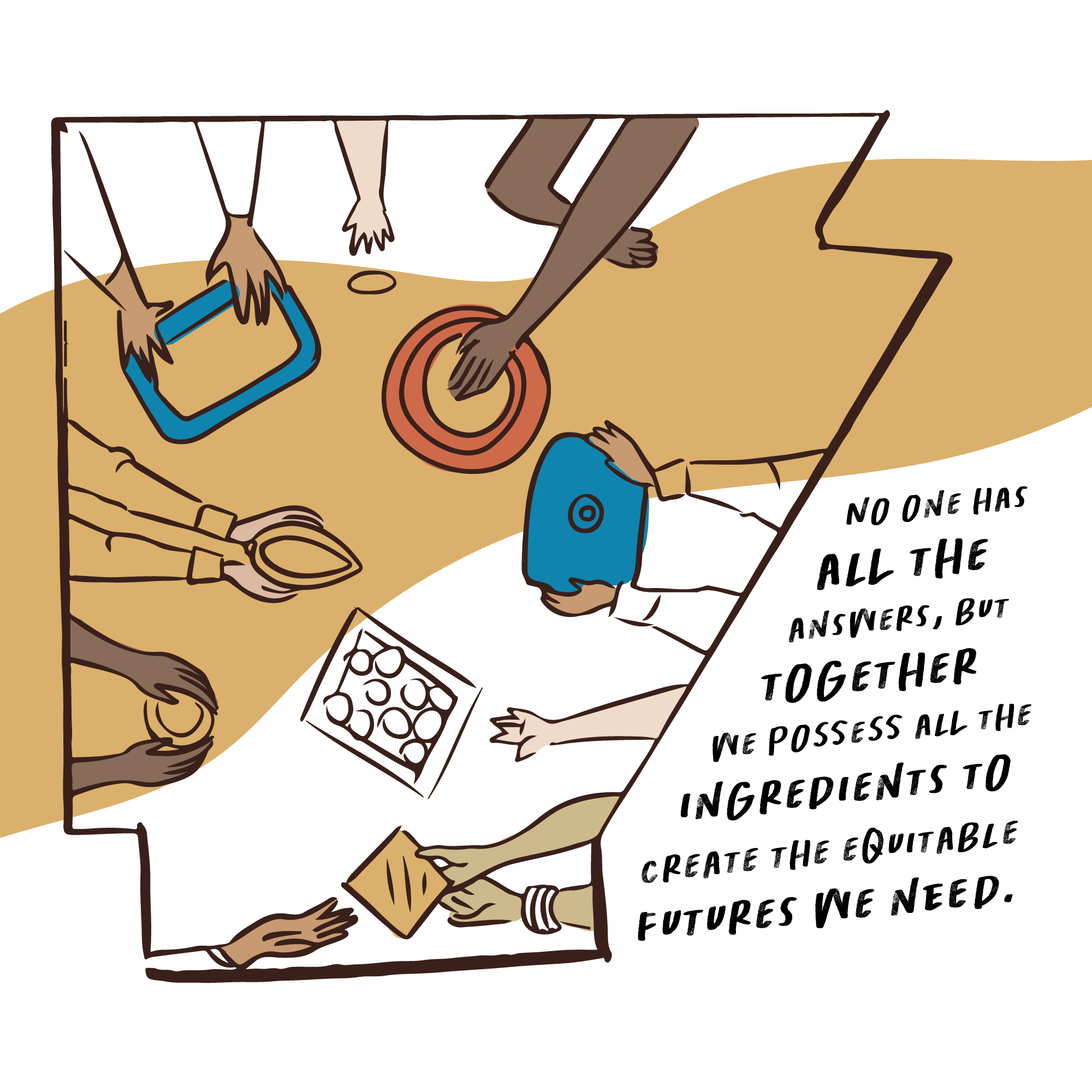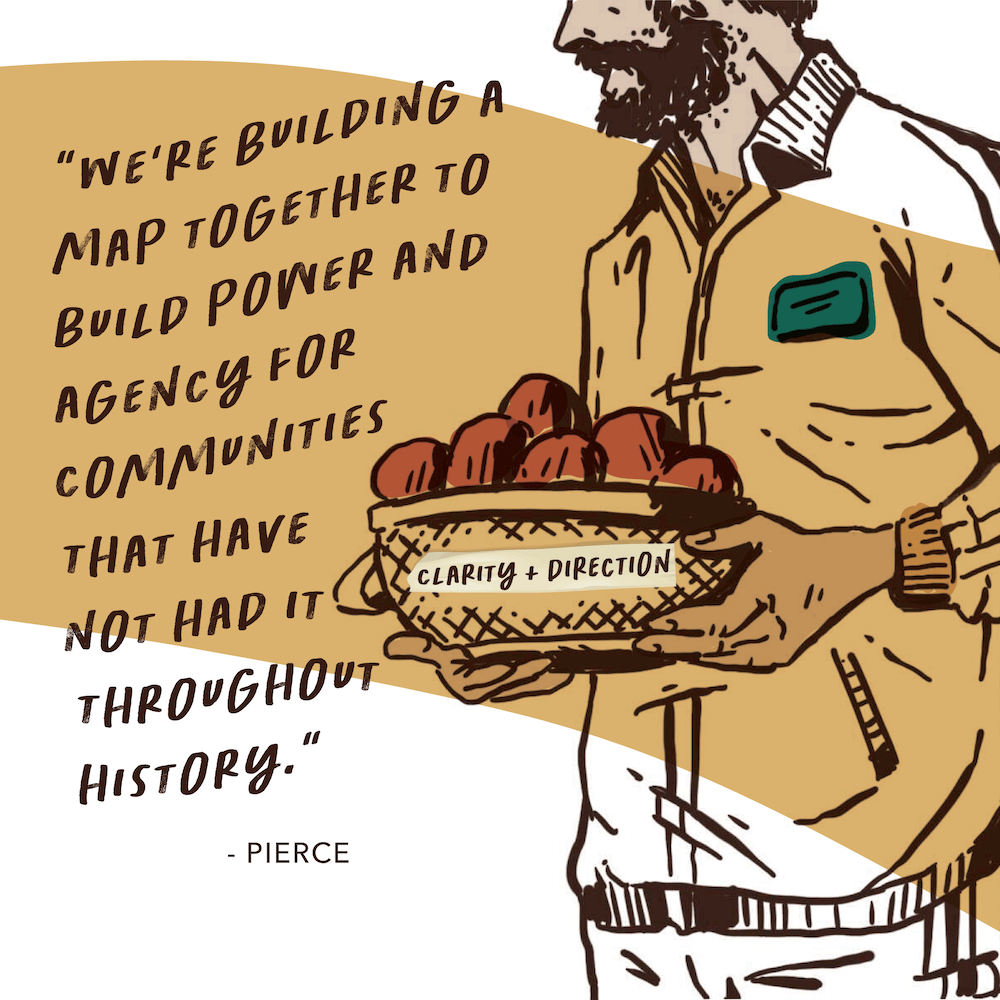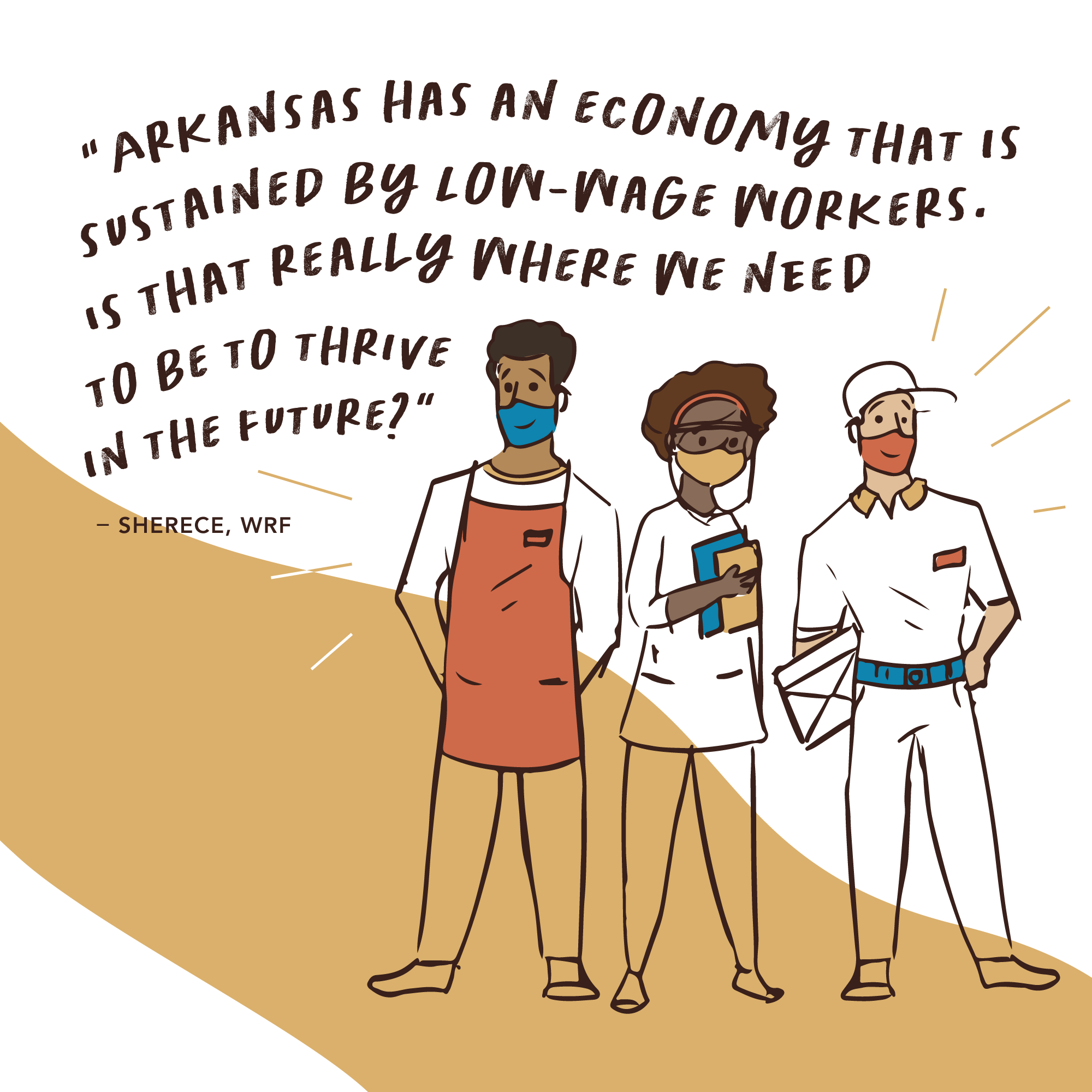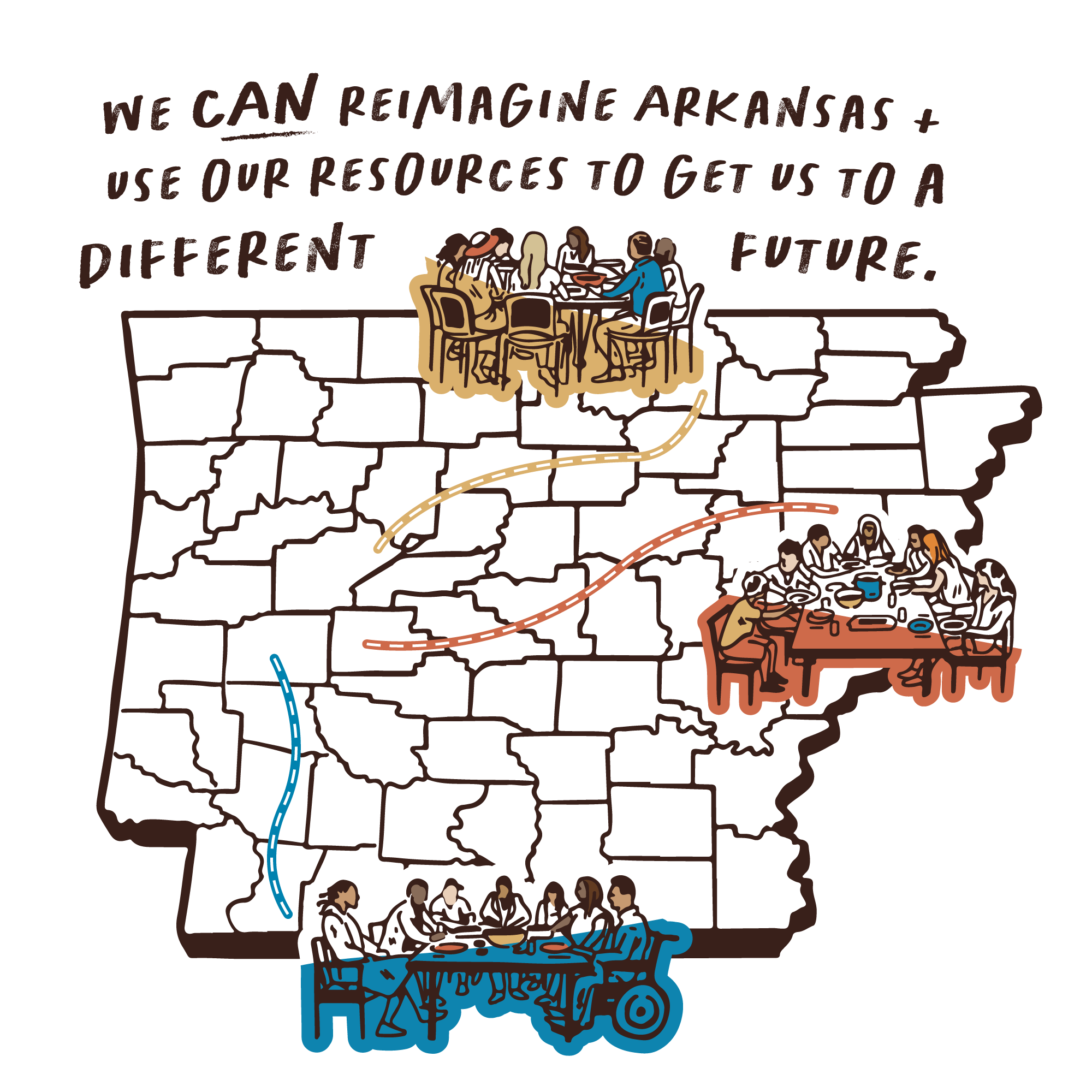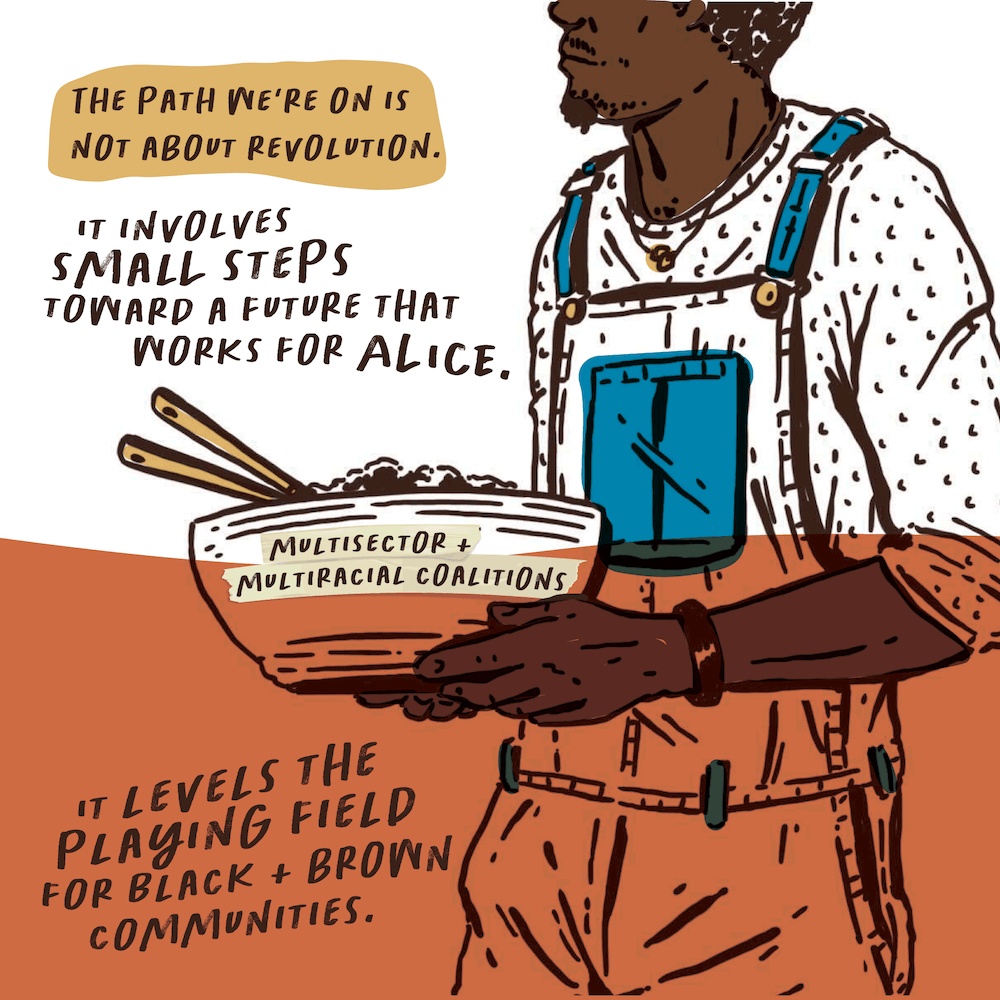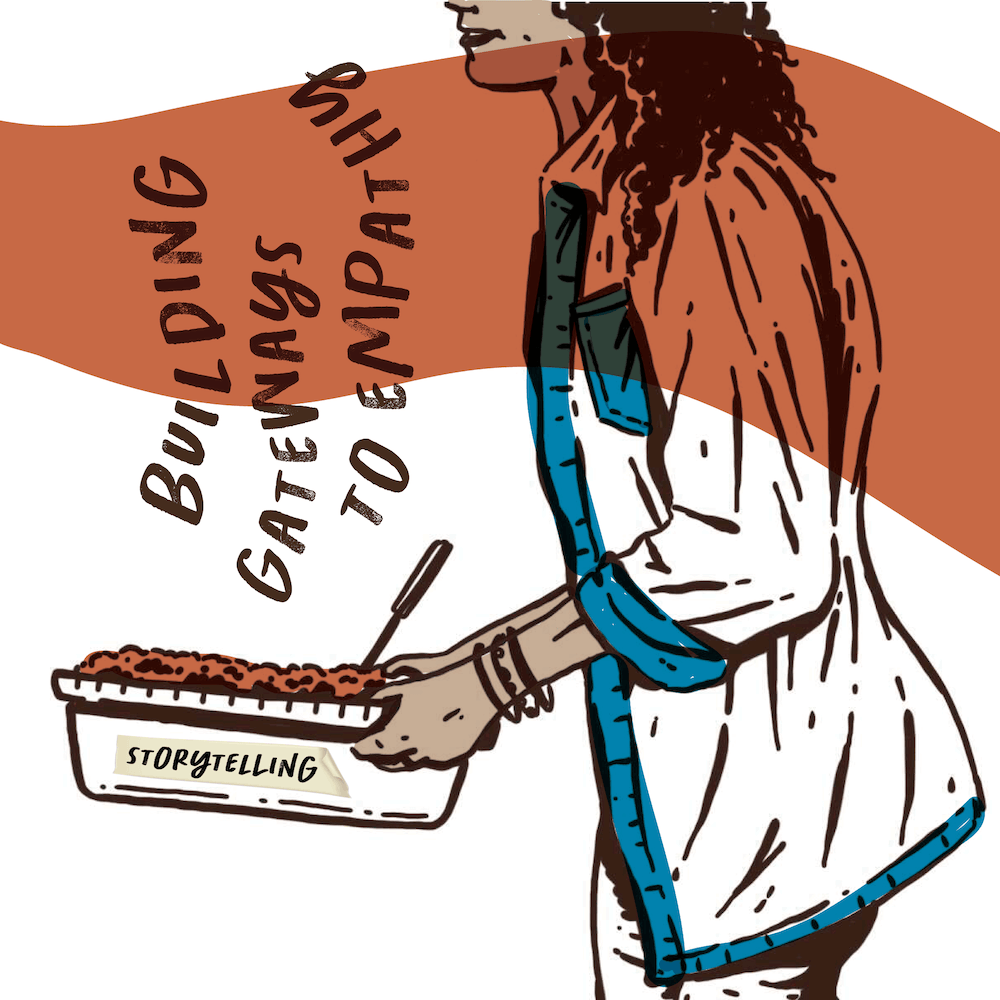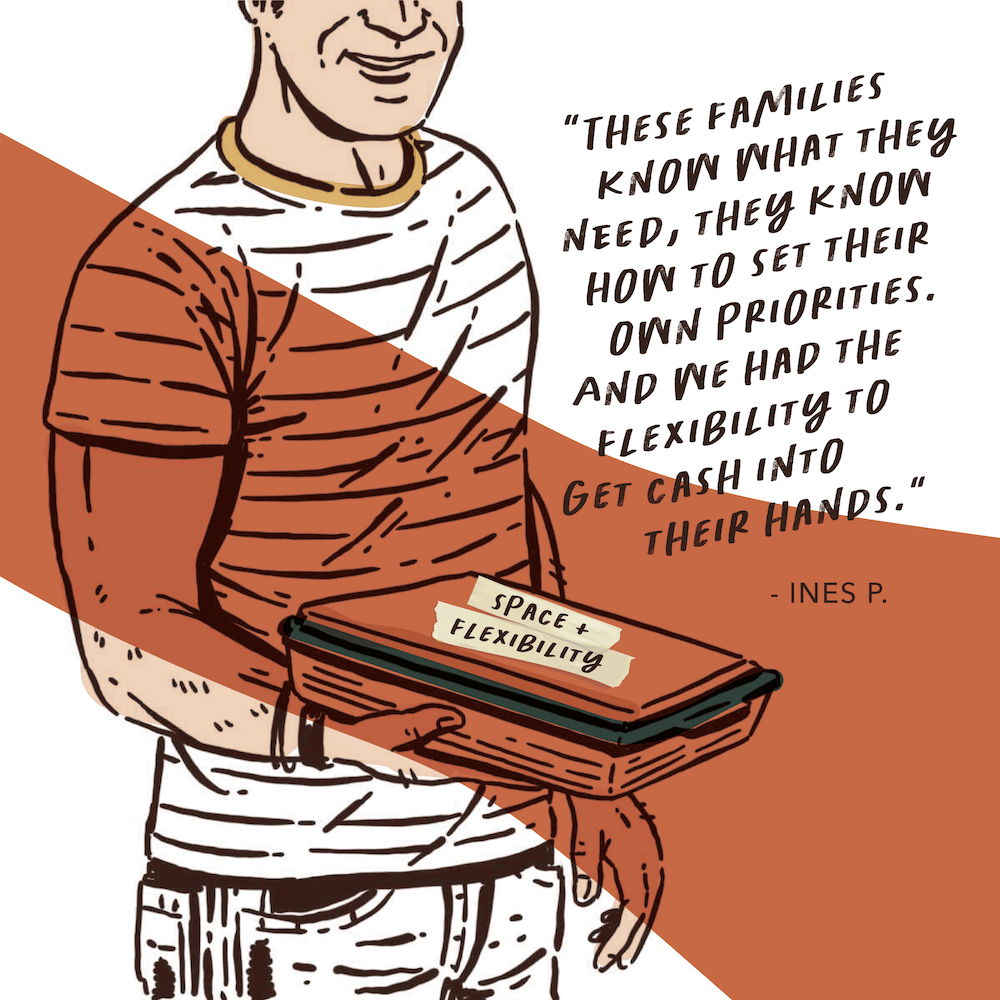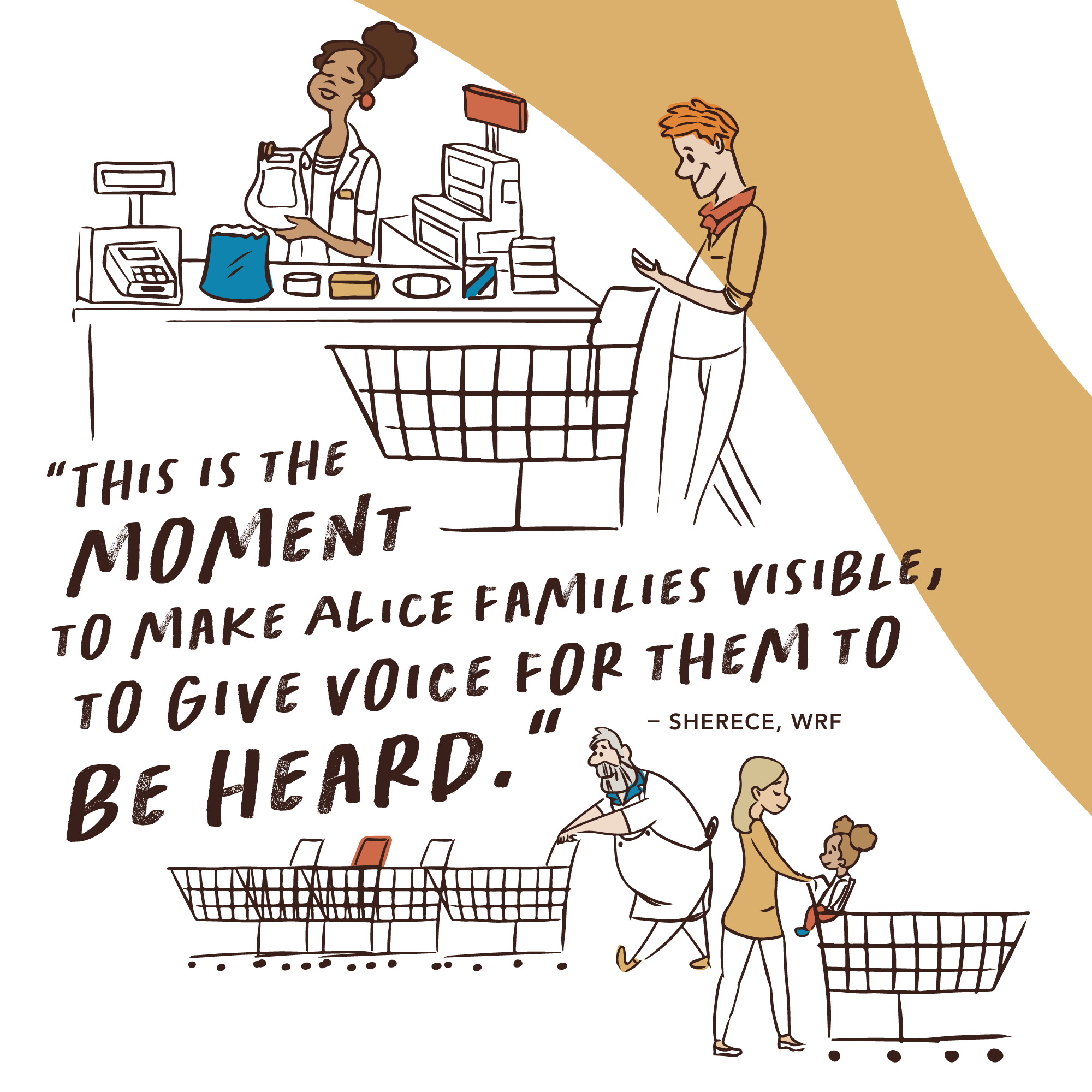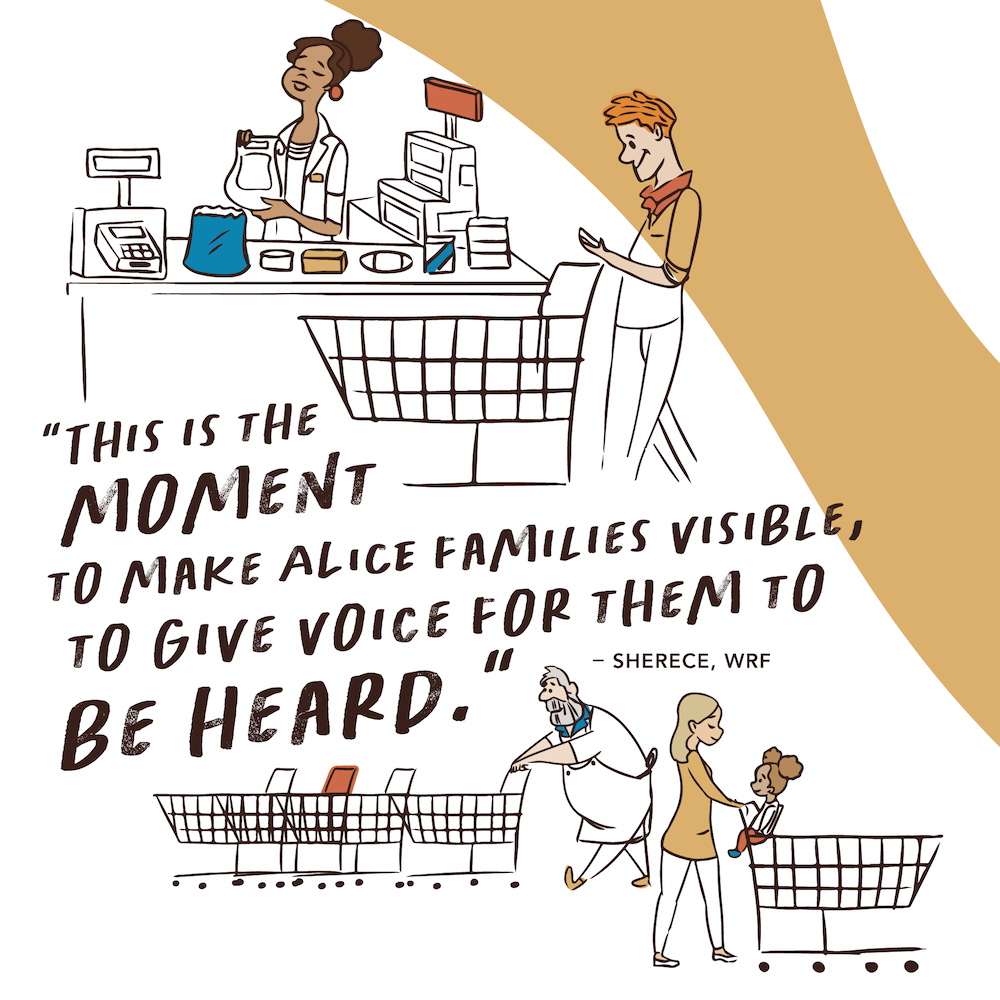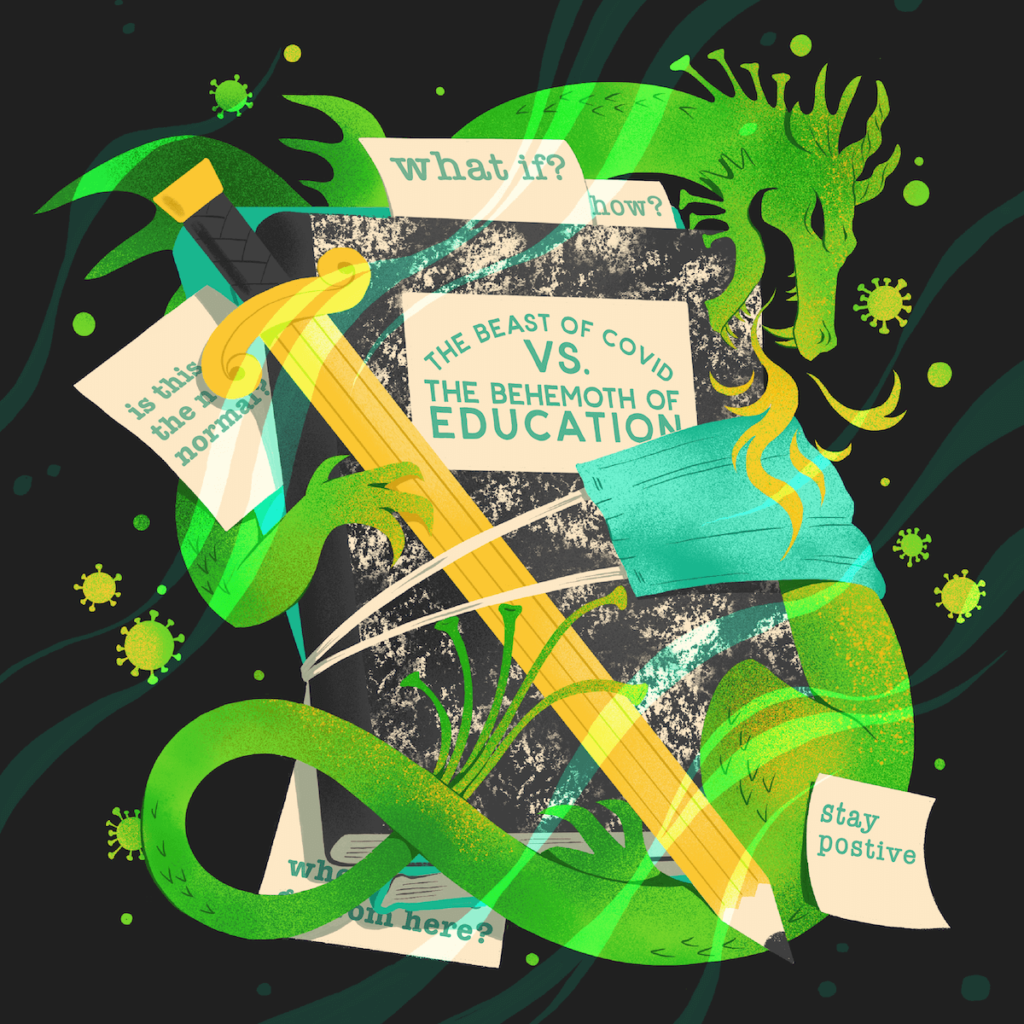Reimagine Arkansas partnership with Arkansas Justice Reform Coalition
11
3
1
The following contains interactive audio elements.
How to Listen:
Move your cursor over the underlined, highlighted words and click to hear that particular piece of audio and to read the broader context of the speaker’s quote.
How to Listen:
Move your cursor over the underlined, highlighted words and click to hear that particular piece of audio and to read the broader context of the speaker’s quote.
But for formerly incarcerated residents of Northwest Arkansas who have owned their mistakes ☊, paid their dues ☊, become sober ☊ and changed their whole lives around ☊, they feel entrapped ☊ in a system that is determined ☊ and motivated ☊ to see them fail ☊.
Organized and supported by the Arkansas Justice Reform Coalition, this collection offers a rare opportunity for individuals convicted ☊ of felonies in Washington and Benton Counties to tell their stories ☊, share their wrongs ☊ and harness ☊ their expertise to reimagine a more just system.
For resources on how you can help reimagine our justice system in Arkansas, go to https://bit.ly/3a25N5J.
Are you a formerly incarcerated individual living in Northwest Arkansas and want to share your story? Email arkansasjusticereform@gmail.com.



